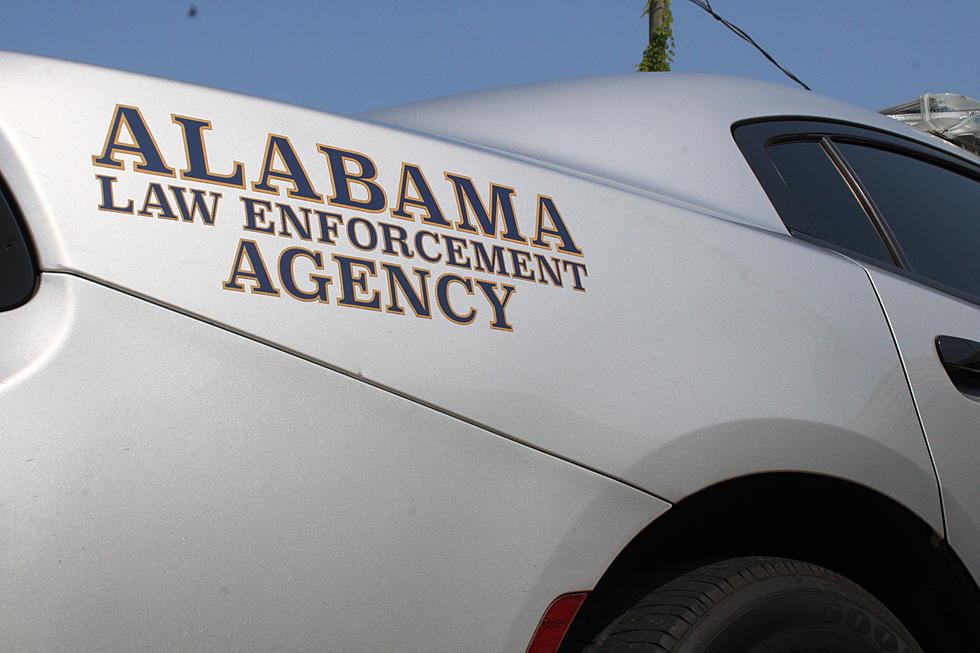
Tuscaloosa City Council Holds Special Meeting to Address Gun Violence
The Tuscaloosa City Council met after their regular Tuesday meeting to discuss the recent spikes in gun violence throughout the city and how to address this going forward.
"It affects everybody, it affects every part of the city," said City Council President Kip Tyner. "Things like this don't happen in Tuscaloosa – not the Tuscaloosa I grew up in."
Tyner specifically mentioned the shooting in Snow Hinton Park earlier this month, in which the suspect still remains at large. Snow Hinton is located in Tyner's district, which he described that feeling as "unimaginable." He said this council will be making this spike in violence a priority going forward.
"That is a very scary feeling because it's happening in my community," said District 2 Councilwoman and Public Safety Chairwoman Raevan Howard.
Tuscaloosa Police Chief Brent Blankley appeared to emphasize how short-staffed TPD has become and the effects the city is seeing because of that. Since January of this year, Blankley said the department has logged 206 gun arrests. In that same time frame in 2020, TPD only logged 90, which is even a dramatic step up from 47 gun arrests in 2019.

"Once again, we see an influx of people coming in from outside our community and causing problems," Blankley said, specifically mentioning the two capital murder arrests from this past weekend, promising more to come.
Blankley warned that a lot of what his police were seeing in these arrests were youth and teens with guns, or otherwise "irresponsible gun owners."
Several civilians came forward following Blankley to address their concerns regarding the violence, and a proper way to solve it.
"If you've got kids and grandkids, you should know it's your obligation to know what they're doing and report it," Tyner said. "The police cannot do it by themselves."
A major talking point shared among civilians was how to allocate resources to police and community members going forward. Howard specifically mentioned getting funding for gun violence prevention from the Department of Justice in her opening statements. Several representatives from a local organization of pastors spoke to providing youth outreach programs to keep these kids
Mayor Walt Maddox added that what he's seen a lot of in these recent spikes is a problem with repeat offenders. He mentioned the slow process of taking years to get district court cases to trial. Those put on trial for these high crimes are thus able to get bail and get back on the streets. Maddox also mentioned that 30% of the inmates in the Tuscaloosa County Jail are victims of psychotropic drugs.
"For the last several years, we've been arresting and rearresting the same individuals," Maddox said. "In most of these cases where we're having the violent crimes, it's not as if these are new individuals who have suddenly become known to us. There's generally a log history of interaction. In fact, that interaction may begin as a juvenile."
Maddox specifically cited solutions like increased police funding, and the city's developing mental health awareness board for the council. Maddox emphasized that the effectiveness of these efforts is partly on community involvement – everything from the K-12 system to churches to civic groups.
"If young people especially are not getting the services they need at pan early age, this dynamic can't change greatly," Maddox said. "I want you to know this city's not giving up."
Several Tuscaloosa residents spoke to their own perspectives on the gun violence, how it has effected them personally, and where they see oversight in the community. Residents echoed many sentiments from council representatives, majorly focused on addressing neglected youth outreach and an overwhelmed police force.
District 1 Councilman Rev. Matthew Wilson provided some closing remarks, citing his unique position on the council.
"I am betwixt and between being a Black male on the city council. The only Black male," Wilson said. "You all talk about these young Black men who are dying at the hands of guns. I am them. There has to be a connection between the public sector, the private sector and the educational sector."
Wilson emphasized this by citing his community involvement with Book Buddies at the University of Alabama, saying he "knows where youth aren't going," and how the city needs to use its recourses to reach these youth in alternative ways.
"You ask me how many men volunteer that look like me ... They're not coming to church," Wilson said. "But I looked at my young Book Buddy today and he looked at me in such astonishment, just to see me look like him with a shirt and a tie on."
He told another story of a Facebook video he saw of a young man being chased by the police, acting as if it were "a badge of honor." He said Tuscaloosa must return to being a village, one that's focused on tight-knit communities that are open and honest with each other and hold each other accountable.
Maddox closed the meeting by promising that these discussions were not the end of the road and that this was just the beginning of a long-term project. He mentioned that drafts for his proposed Project Unity initiative will be going up online this week, which will focus on four areas of improvement: youth sports, education, economy and housing.
Top Stories From The Tuscaloosa Thread (6/7-6/11)
More From Tuscaloosa Thread









